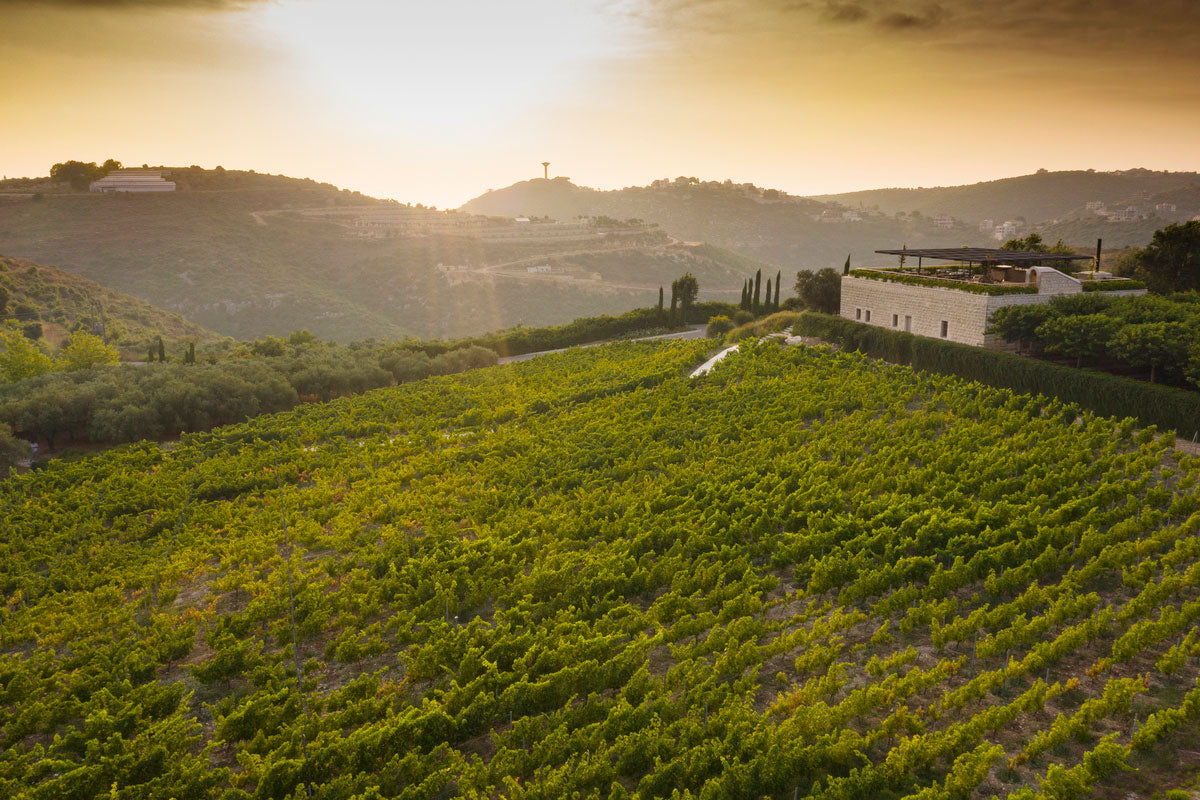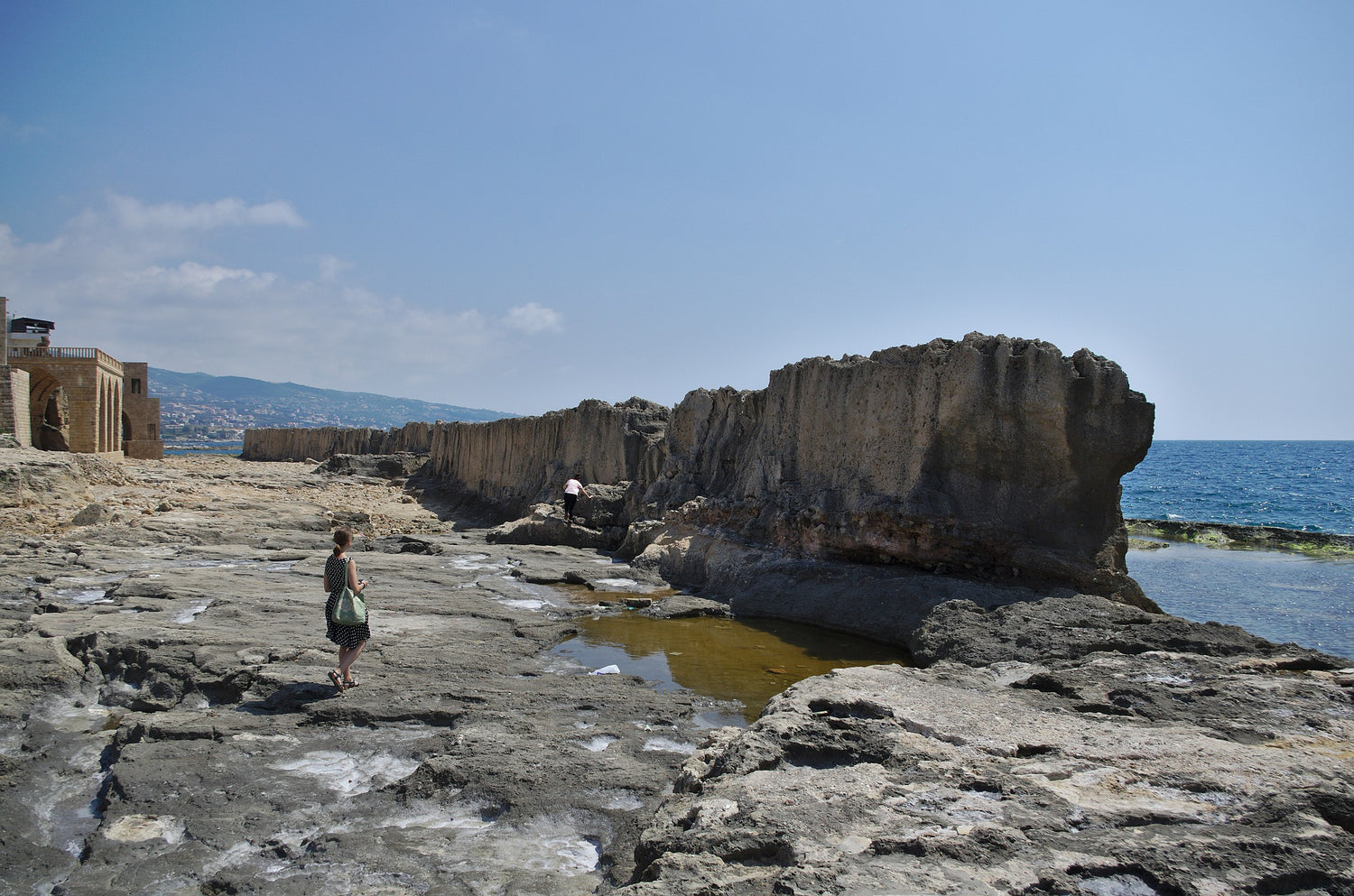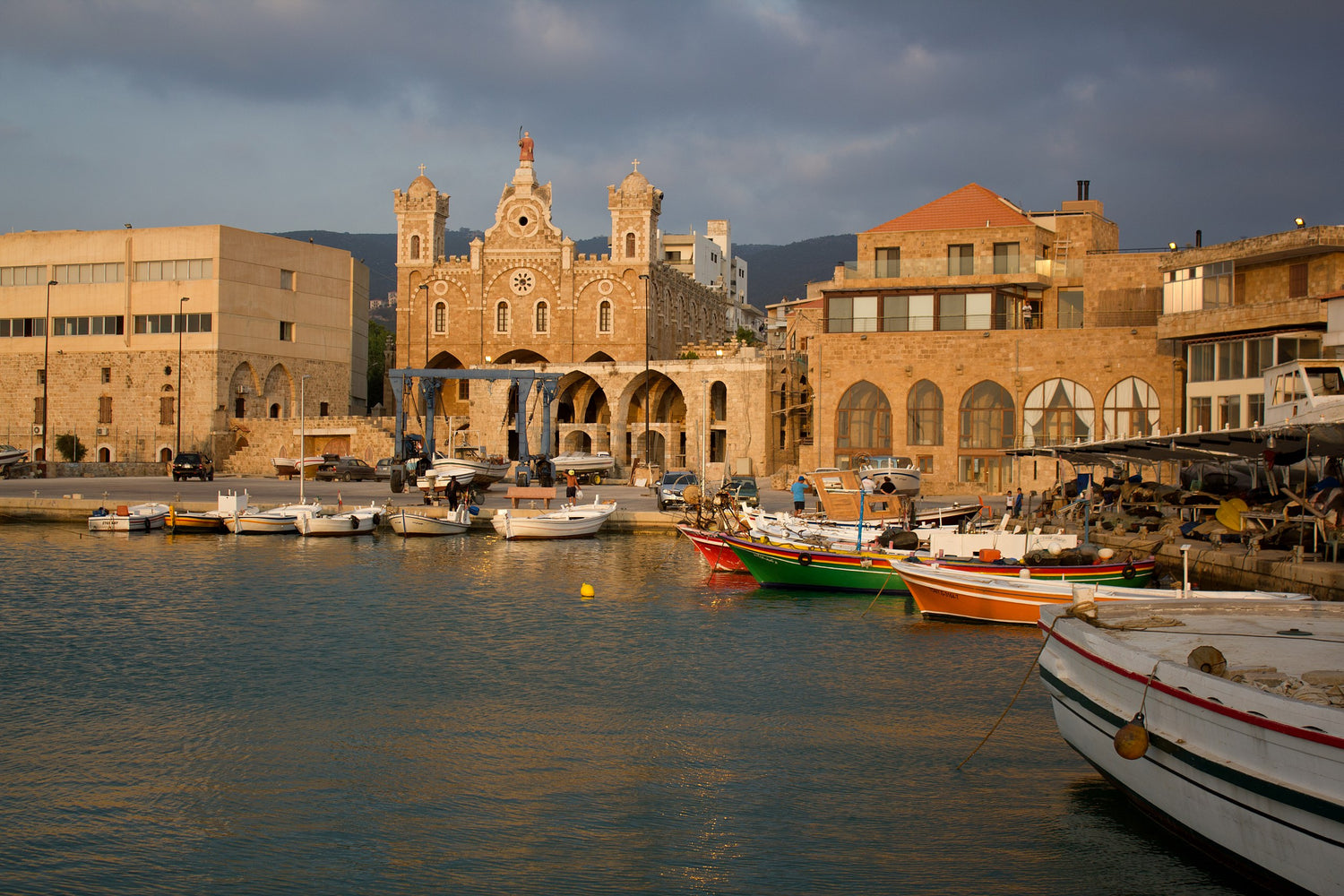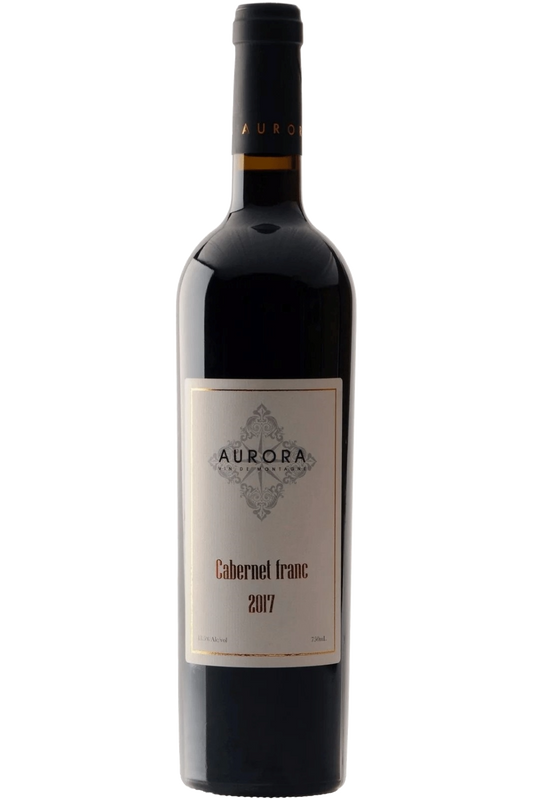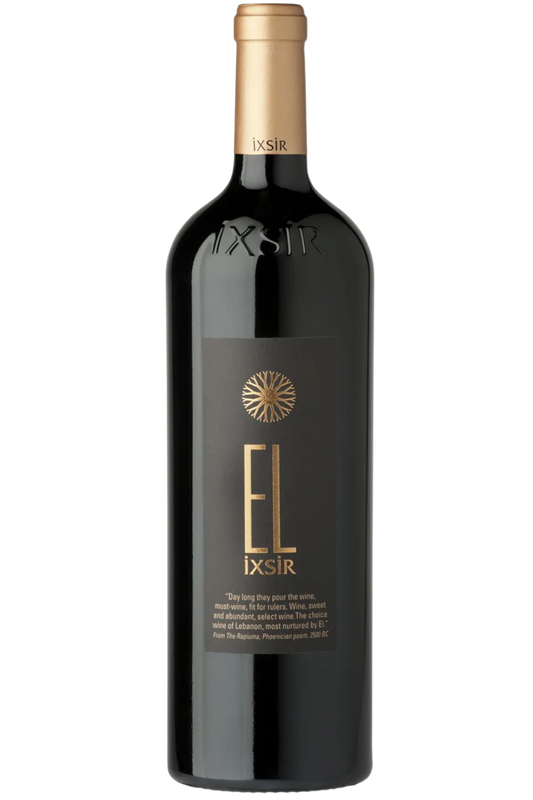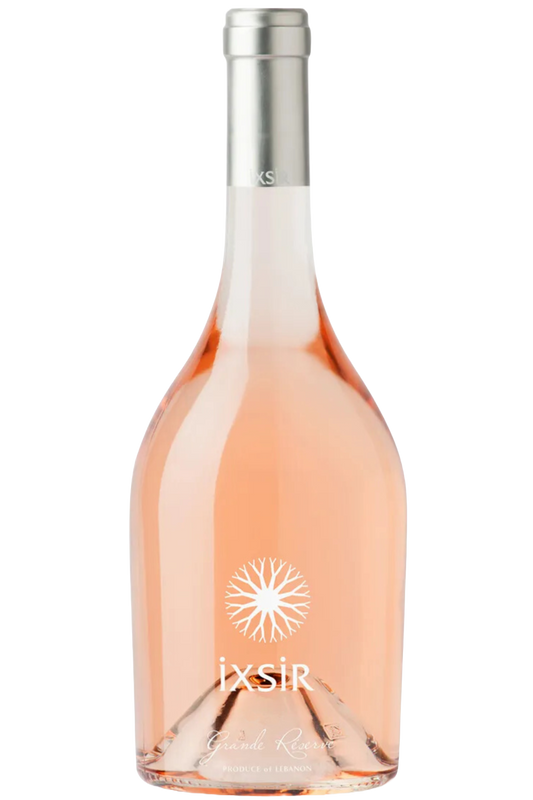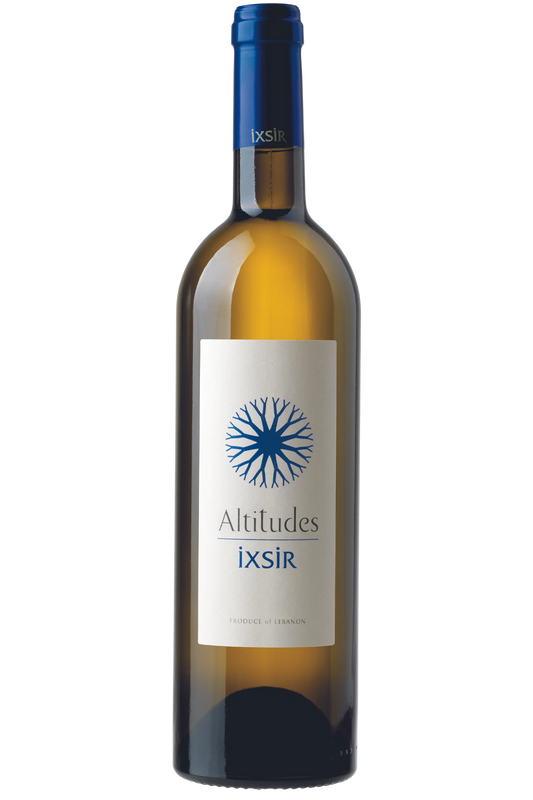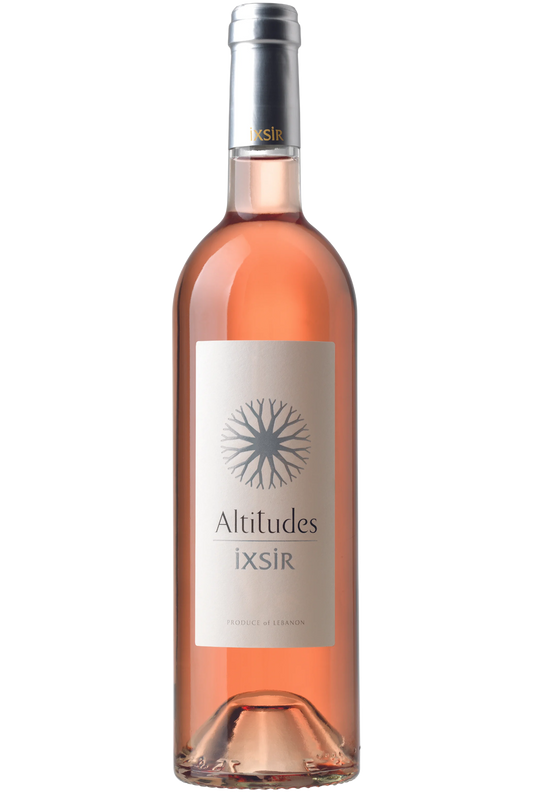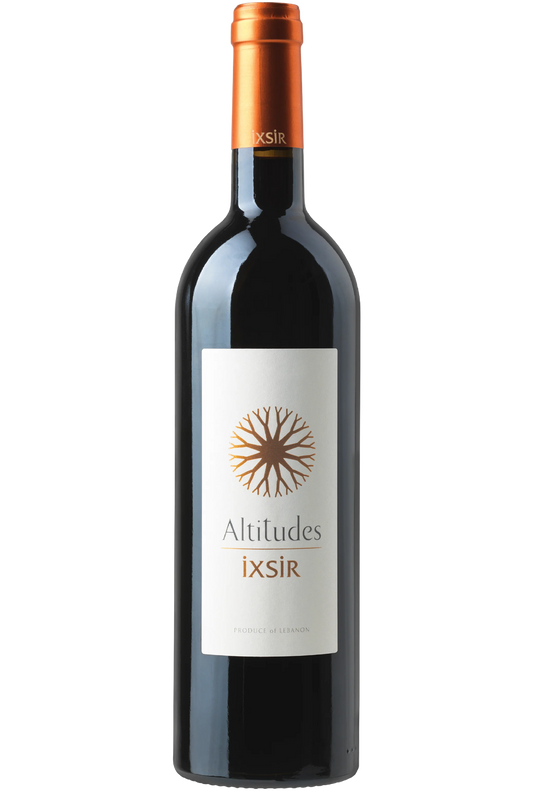Batroun is primarily a coastal town that has eluded the devastating urban logic of Lebanon, so well has its architecture and heritage been preserved. At 55 km north of Beirut, it has managed to preserve the memory of its past: Saint Stephen's Cathedral, a jewel dating from the late 19th century, adjacent to the old fishing port, where tradition requires mass to be said in the sea once a year; the small church of Our Lady of the Sea, which overlooks the Mediterranean, and from which you can see the ancient "Phoenician Wall", the remains of a stone quarry that the Phoenicians erected as a barrier to protect the city against the waves in stormy weather; or the old cobblestone souk, with its vaulted sandstone houses, from which you can catch a glimpse of an ancient mosque.
In these sites charged with history and stories, life unfolds with ease and joy. The souk is home to vegetable stalls and craftsmen's shops, as well as restaurants and nightclubs. The seafront is a succession of pebbled beaches, dotted with pubs where you can enjoy a drink with your feet in the water while admiring the sunset; but also, an open space that hosts concerts or photo exhibitions amidst its fuchsia, orange and yellow bougainvillea.
Batroun is historically famous for its lemonade: squeeze your lemons, let the juice rest in the zests overnight; the next day, remove the zests, add sugar water and a glassful of orange blossom water. Otherwise, there's still a debate between the “conservatives”, who leave it at that, and the “liberals”, who add mint, basil or strawberry... But let's not dwell on these lemony debates!
Beyond the city, the Batroun region is made up of 68 villages, lined up in a narrow strip of land running from the sea to the hills, including Rachana, home of the Basbous family of sculptors, which has been transformed into an open-air gallery, with works of art occupying every corner; Douma, with its 240 heritage houses; or Tannourine, higher up, 1800 meters above sea level, home to Lebanon's largest cedar forest and magnificent natural waterfalls (to get there, follow the Roman aqueduct).
This itinerary, with its many B&Bs and guesthouses set in renovated traditional houses, is complemented by the "Route of Wines", as on the road you can visit a number of wineries offering wine tastings and, for some, food. It has to be said that Batroun's winemaking tradition goes back a long way. Just like everywhere else in Lebanon. Pieces of pottery and amphorae used to transport wine have been found from the Phoenician period. During the Greco-Roman period, local currency was stamped with wine symbols: the figure of Dionysus, the amphora or the grape. Alexander the Great's Greeks even called the region "Botrys", meaning "cluster of grapes", in reference to the vines that dominated agriculture at the time.
These traces tell of the ancient presence of wine in a terroir ideal for growing vines, since it benefits from almost 300 days of sunshine a year, as well as cool breezes from the Mediterranean. Convenient and at the same time rare! The soil is mainly composed of ferric clays interspersed with limestone slabs - a specificity found in less than 3% of the world's winegrowing regions. Long neglected, viticulture in the region experienced a renaissance in the late 90s and early 2000s, initiated during a period when the reconstruction of Lebanon was under way. Although this reconstruction did not achieve much on a national level, it did bear fruit in Batroun, whose hillsides are now covered with terraced vineyards.
Our wines from this terroir
Subscribe and instantly receive a 10€ discount code for your first order
Get 5% discount starting 6 bottles purchased
Free shipping in metropolitan France and to certain European countries starting 300€ of purchase
